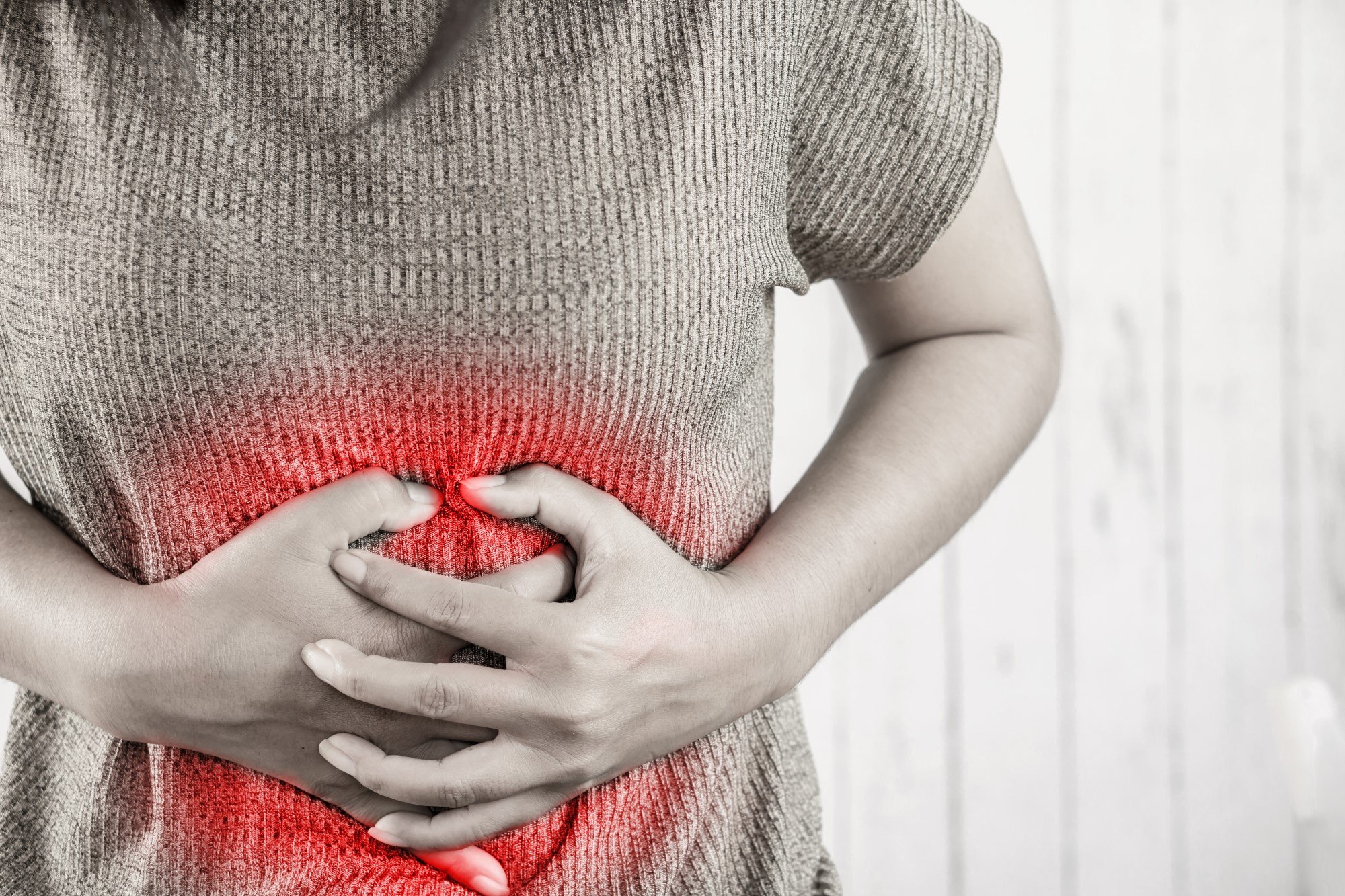Peptic Ulcers: Symptoms, Causes, Treatment
What are the symptoms of peptic ulcer?
Peptic ulcers are open sores that develop on the lining of the stomach, small intestine, or esophagus. The most common symptoms of peptic ulcers include:
- Abdominal Pain: The most common symptom of a peptic ulcer is a dull, burning, or gnawing pain in the upper abdomen. This pain can occur anywhere between the navel and the breastbone.
- Indigestion: Many people with peptic ulcers experience indigestion, including bloating, fullness, and discomfort after eating.
- Heartburn: A burning sensation in the chest, known as heartburn, can occur if the ulcer is in the esophagus.
- Nausea and Vomiting: Some people with peptic ulcers may experience nausea and vomiting, especially if the ulcer is causing obstruction or irritation of the stomach lining.
- Loss of Appetite: A peptic ulcer can lead to a loss of appetite or changes in eating habits.
- Weight Loss: Some individuals with peptic ulcers may experience unexplained weight loss due to decreased appetite and changes in eating patterns.
- Dark, Tarry Stools: In some cases, a peptic ulcer can cause bleeding, which may result in the passage of dark, tarry stools (melena).
- Fatigue: Chronic bleeding from a peptic ulcer can lead to iron deficiency anemia, which may cause fatigue and weakness.
It’s important to note that not everyone with a peptic ulcer will experience all of these symptoms, and the severity of symptoms can vary. If you experience persistent abdominal pain or other symptoms suggestive of a peptic ulcer, it’s important to see a healthcare provider for evaluation and appropriate management.
What are the causes of peptic ulcer?
Peptic ulcers are primarily caused by an imbalance between stomach acid, digestive enzymes, and the protective lining of the stomach and duodenum. The most common causes of peptic ulcers include:
- Helicobacter pylori (H. pylori) Infection: H. pylori is a type of bacteria that can infect the stomach lining and weaken the protective mucous layer, allowing acid to damage the underlying tissues. This is the most common cause of peptic ulcers.
- Nonsteroidal Anti-Inflammatory Drugs (NSAIDs): Regular use of NSAIDs, such as aspirin, ibuprofen, and naproxen, can irritate the stomach lining and increase the risk of developing ulcers.
- Excessive Stomach Acid Production: Conditions that cause the stomach to produce excess acid, such as Zollinger-Ellison syndrome, can increase the risk of peptic ulcers.
- Smoking: Smoking can increase the risk of peptic ulcers and can also interfere with the healing process.
- Alcohol: Excessive alcohol consumption can irritate the stomach lining and increase the risk of developing ulcers.
- Stress: While stress is not a direct cause of peptic ulcers, it can increase stomach acid production, which can exacerbate ulcer symptoms.
- Genetic Factors: Some people may have a genetic predisposition to developing ulcers.
It’s important to note that while these factors can increase the risk of developing peptic ulcers, not everyone who has these risk factors will develop ulcers. The presence of H. pylori infection is a significant risk factor, and treating the infection can help prevent the development of ulcers.
What is the treatment for peptic ulcer?
The treatment for peptic ulcers depends on the underlying cause and may include:
- Antibiotics: If the ulcer is caused by an H. pylori infection, a course of antibiotics is usually prescribed to eradicate the bacteria. This is often combined with acid-reducing medications.
- Proton Pump Inhibitors (PPIs): PPIs are medications that reduce the production of stomach acid. They are often used to help heal peptic ulcers and reduce symptoms.
- Histamine H2-Receptor Antagonists: These medications reduce the production of stomach acid and can help promote healing of peptic ulcers.
- Antacids: Antacids can help neutralize stomach acid and provide relief from ulcer pain.
- Cytoprotective Agents: These medications help protect the lining of the stomach and duodenum, allowing ulcers to heal.
- Lifestyle Changes: Making changes such as quitting smoking, avoiding alcohol, and reducing stress can help reduce the risk of developing ulcers and promote healing.
- Surgery: In severe cases or if complications arise, surgery may be necessary to repair the ulcer or remove a portion of the stomach or duodenum.
It’s important to follow your healthcare provider’s recommendations for treatment and to take all medications as prescribed. Untreated peptic ulcers can lead to serious complications, including bleeding, perforation, and obstruction of the digestive tract. If you suspect you have a peptic ulcer or are experiencing symptoms, it’s important to see a healthcare provider for evaluation and appropriate management.




